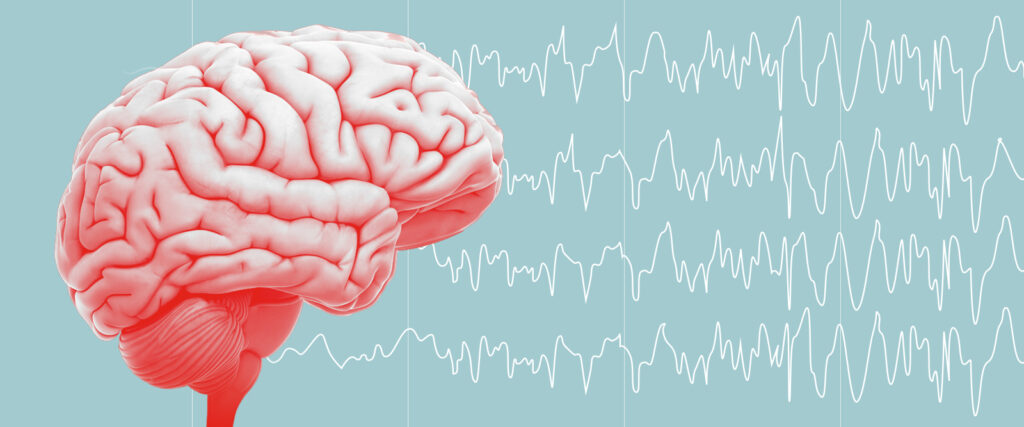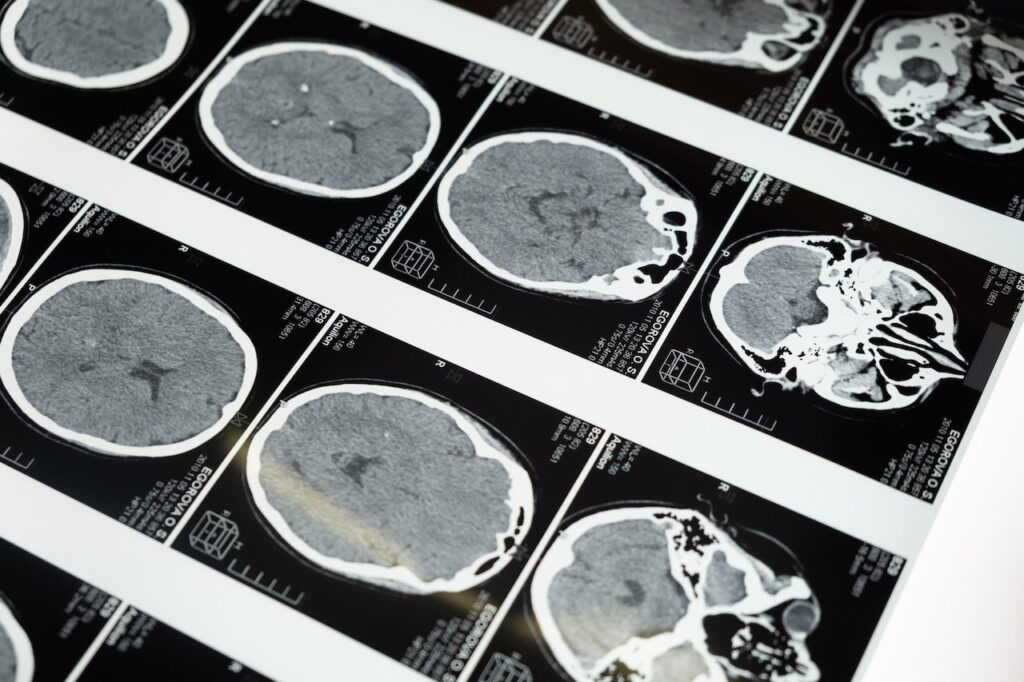
A recent study conducted in the UK has revealed promising results for the use of whole plant medicinal cannabis products in treating epilepsy. The study, which focused on 10 case reports of epileptic children, found that these children experienced an average reduction of 86 percent in seizure frequency when treated with whole plant cannabis extracts. The researchers behind the study are now calling for direct clinical trials to further investigate the effectiveness of whole plant cannabis oils compared to products containing only cannabidiol (CBD).
In 2018, the FDA approved a CBD formulation called Epidiolex for the treatment of severe forms of childhood-onset epilepsy, making it the first cannabis-derived medicine to receive approval in the United States. While CBD has been recognized as a potent anticonvulsant compound, it has not proven effective for everyone, leading researchers to consider the potential therapeutic benefits of the synergistic effect of multiple compounds found in whole plant cannabis extracts.
The study, published in BMJ Pediatrics Open, presents observational and retrospective findings based on 10 case studies. These individual cases involved children who had previously tried Epidiolex without success. The children in the study used various whole plant cannabis extracts with different concentrations of CBD and tetrahydrocannabinol (THC), the psychoactive compound in cannabis.
One notable aspect highlighted by the researchers is the limited knowledge about the chemical composition of these whole plant products beyond THC and CBD concentrations. This raises questions about the specific combination of other cannabis compounds that may contribute to the therapeutic outcomes.

Recent research has started to explore the numerous unique chemicals present in cannabis, including lesser-known cannabinoids such as CBGA and a class of compounds called terpenes. The study emphasizes the need for further investigation into the therapeutic effects of these lesser-known compounds.
The study also addresses the controversial topic of administering THC to children for therapeutic purposes. The researchers acknowledge the importance of weighing any potential adverse effects of whole plant cannabis products against the known side effects of many anti-epileptic drugs (AEDs). Adverse effects from AEDs are a common cause of treatment discontinuation and impaired quality of life in epilepsy patients.
Jonathan Arnold, a cannabinoid researcher from the University of Sydney, views these findings as promising. His own preclinical research has identified several cannabis molecules with anticonvulsant properties, and he believes a clinical trial to explore the use of whole plant cannabis products in childhood epilepsy patients is warranted. Arnold suggests that whole plant cannabis may not only reduce seizures but also assist in addressing behavioral and cognitive impairments associated with epilepsy. However, he emphasizes the need for more data to support these findings.
The study was published in BMJ Pediatrics Open.